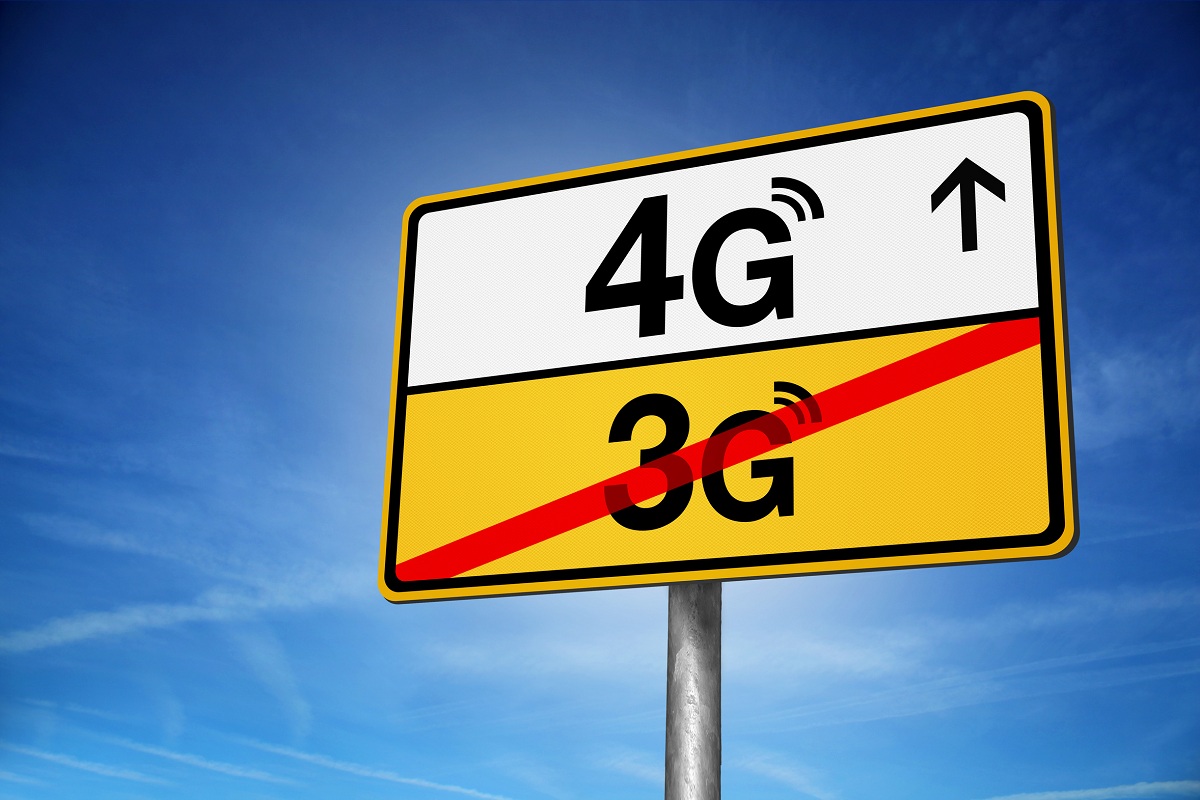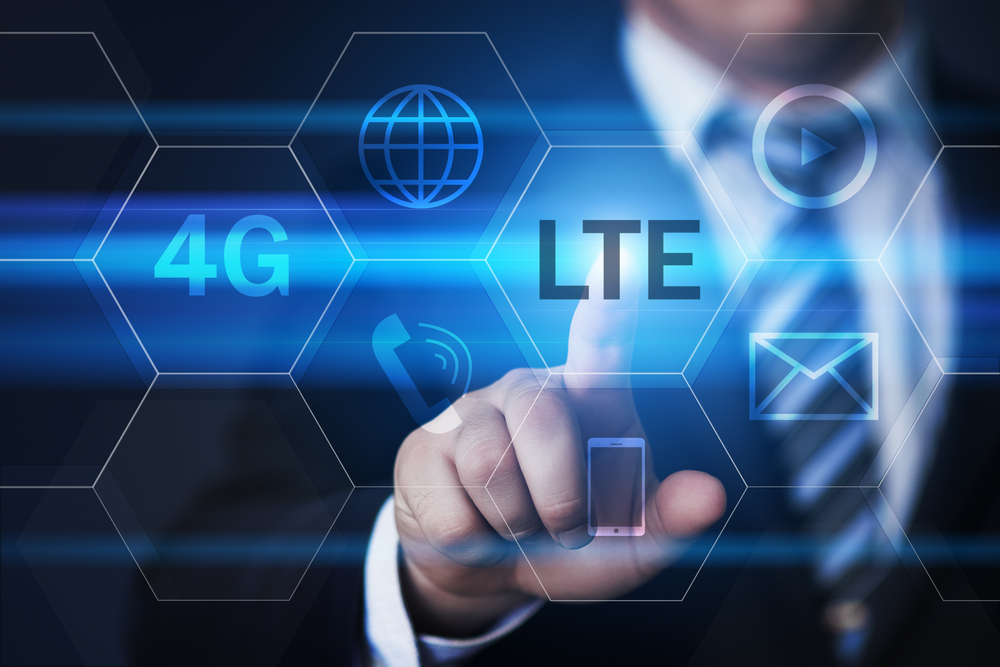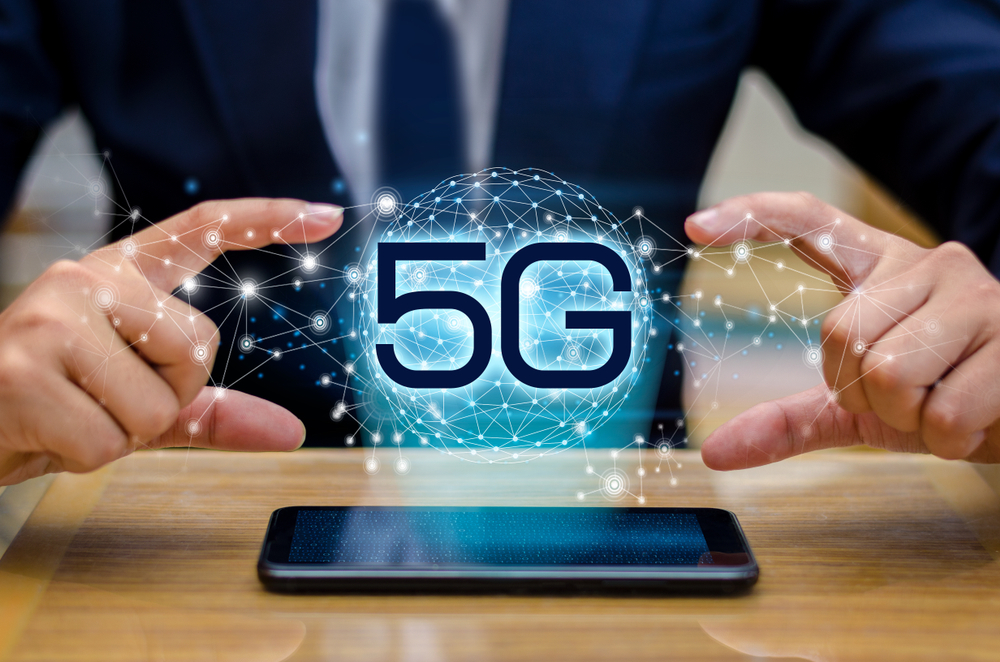4G at last
Inside the Enterprise: A UK operator finally has the green light to start rolling out 4G, and not before time.

After much wrangling, the UK is to have some 4G mobile coverage at last. Ofcom, the industry regulator, has agreed to a request by Everything Everywhere to use part of its existing spectrum for LTE services.
The operator, which owns the Orange and T-Mobile brands in the UK, will use capacity on its existing, 1800MHz network, to roll out 4G. The company has already been installing transmission equipment, and could start to offer 4G services, based on LTE technology, as soon as September.
The process of reusing spectrum known as "refarming" is controversial. The move will give Everything Everywhere a headstart on rival 4G services from Vodafone and O2, which will have to wait until the much-delayed main 4G spectrum, scheduled for next year. The network 3, meanwhile, has agreed to buy some 1800MHz spectrum from Everything Everywhere, but due to the arcane rules around spectrum deals, 3 might not gain access to it until the second half of 2013.
Predictably, other network operators, especially Vodafone, have cried foul, and it might yet be that Everything Everywhere's accommodation with the regulator is challenged in the courts. But as Morgan Mullooly, analyst at research company Analysis Mason points out, this might only serve to delay the main spectrum auction still further.
In the meantime, though, businesses will be relieved that at least one UK network will have 4G services on offer soon. The UK auction process has been particularly long and drawn out, and other countries, notably the US and Germany, have moved forward with their networks. Apple's iPad 3, for example, is a 4G device but there is currently no 4G service to support it here (and nor will it work on Everything Everywhere's 4G system).
Everything Everywhere has not, as yet, announced any pricing or device support for 4G, although there are rumours that it will launch the service, and possibly a new brand, around the time of the also rumoured of an iPhone 5 launch. But there is a good chance that any new handsets and service plans will come at a premium to current, 3G mobile services.
Over time, though, 4G could work out to be cheaper than 3G, as LTE handles data traffic more efficiently. With the 3G network already constrained from a capacity point of view, adding 4G in busy areas, such as town centres, can only help ease the pressure. And, if LTE lives up to its promise, it may allow the networks to cut data charges, or offer additional services, as 4G comes online.
Get the ITPro daily newsletter
Sign up today and you will receive a free copy of our Future Focus 2025 report - the leading guidance on AI, cybersecurity and other IT challenges as per 700+ senior executives
From a business perspective, though, locking in to an 18-month or two-year 4G contract might not be a good move. It may be that Everything Everywhere will launch multi-frequency 4G devices; manufacturers such as Qualcomm have developed the necessary chipsets already. But being tied to 1800MHz will make it hard to move to Vodafone, O2 or any other provider once the auctions are over and new services launched.
4G might be coming fast, but the smart money says take it slowly.
Stephen Pritchard is a contributing editor at IT Pro.
-
 Should AI PCs be part of your next hardware refresh?
Should AI PCs be part of your next hardware refresh?AI PCs are fast becoming a business staple and a surefire way to future-proof your business
By Bobby Hellard
-
 Westcon-Comstor and Vectra AI launch brace of new channel initiatives
Westcon-Comstor and Vectra AI launch brace of new channel initiativesNews Westcon-Comstor and Vectra AI have announced the launch of two new channel growth initiatives focused on the managed security service provider (MSSP) space and AWS Marketplace.
By Daniel Todd
-
 EE rolls out 4G across Glasgow's underground network
EE rolls out 4G across Glasgow's underground networkNews The network is currently restricted to EE customers but is likely to expand in the near future
By Sabina Weston
-
 Nokia and NASA join forces to bring 4G to the moon
Nokia and NASA join forces to bring 4G to the moonNews Cellular service will provide the communications needed for meaningful moon exploration
By Tyler Omoth
-
 Birmingham crowned the fastest UK city for 4G download speeds
Birmingham crowned the fastest UK city for 4G download speedsNews While Birmingham also recorded the highest speed hike over 2019, London came in at a middling 9th place
By Keumars Afifi-Sabet
-
 LTE vs 4G: Which is better?
LTE vs 4G: Which is better?In-depth Comparing LTE vs 4G has become common in recent years, but how exactly do they differ, and is 4G faster?
By Jane McCallion
-
 What is 4G?
What is 4G?In-depth A look at the fourth generation of mobile networking technology and its availability in the UK
By Rene Millman
-
 4G vs 5G - what's the difference?
4G vs 5G - what's the difference?Vs From 3G to 4G, mobile connectivity has revolutionised our lives. Now 5G is set to do it again
By Bobby Hellard
-
 The best 4G network
The best 4G networkIn-depth Every mobile provider offers 4G contracts, but which one is the best for you?
By Carly Page
-
 More than a million UK properties don't have access to 'decent' broadband speeds
More than a million UK properties don't have access to 'decent' broadband speedsNews Ofcom's Connected Nations report finds broadband is still lacking across 4% of the UK
By Roland Moore-Colyer